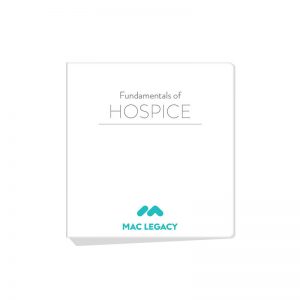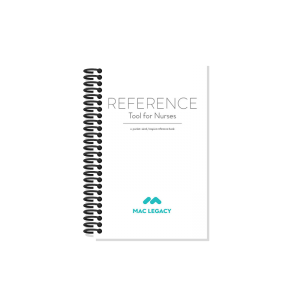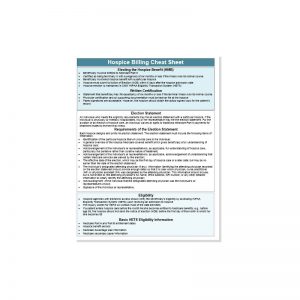The Medicare Hospice Benefit affords patients four levels of care to meet their needs: routine home care, respite care, general inpatient care (GIP), and continuous home care (CHC). For hospice providers, the majority of Medicare days of care were at the routine home care level of care for both percent of payments made and percent…
The Medicare Hospice Benefit affords patients four levels of care to meet their needs: routine home care, respite care, general inpatient care (GIP), and continuous home care (CHC). For hospice providers, the majority of Medicare days of care were at the routine home care level of care for both percent of payments made and percent of days of care provided. CHC and GIP continue to decline in both payments made and days of care provided when compared to 10 years ago according to the FY2024 Final Hospice Wage Index.
Continuous Home Care (CHC) is a vital component of hospice care under the Medicare Hospice Benefit, designed to provide intensive nursing care during periods of crisis for terminally ill patients. Defined by Medicare regulations, CHC entails predominantly nursing care be provided for at least 8 hours and up to 24 hours within a 24-hour period, beginning and ending at midnight. While homemaker or hospice aide services may supplement nursing care during crisis periods, the emphasis remains on nursing intervention. The primary objective of CHC is to control and manage acute medical symptoms, ensuring terminally ill patients can remain at home.
Published on March 8, 2024, Palmetto GBA, a Medicare Administrative Contractor, released alerts related to Continuous Home Care and Denial Reason Codes 5CF95 (Hospice Continuous Care Hours, Units Not Reasonable and Necessary) and 5CF70 (Continuous Care Hours Not Documented). Hospices across the country, not just under the jurisdiction of Palmetto GBA, are experiencing increasing scrutiny of claims submitted for CHC, and payment of claims for CHC are many times denied because documentation in the clinical record does not support the patient’s initial and/or ongoing need for CHC.
To avoid denials for CHC services, providers must ensure proper documentation supports the level of care billed. Key requirements include providing a minimum of eight hours of continuous care within a 24-hour period, with at least half of the care hours delivered by a registered nurse (RN) or licensed vocational nurse (LVN). CHC should be initiated during crisis situations where skilled nursing intervention is necessary for pain control or symptom management. Comprehensive documentation, detailing the services provided, the patient’s condition, and personnel involved, is essential to prevent denials.
CHC is appropriate when a patient requires continuous nursing care to address acute medical symptoms during a crisis period; however, it’s not suitable for patients without acute pain or symptom management needs, caregiver breakdown without skilled care needs, or as a replacement for paid caregivers or alternate placements. Careful assessment is necessary to determine the appropriateness of CHC based on the patient’s condition and the caregiver availability.
The Interdisciplinary Team (IDT) responsible for the patient’s care must meticulously document the need for CHC, ensuring compliance with Medicare regulations and coverage requirements. Documentation should be comprehensive, including hourly updates on the patient’s condition, interventions provided, medications administered, communications with the hospice team or attending physician, and discharge planning to transition the patient back to routine home care once the crisis resolves.
Given the acute nature of CHC, documentation should occur at least hourly to accurately capture changes in the patient’s condition and interventions delivered. Furthermore, maintaining medication administration records (MAR) and conducting narcotic counts at each nursing shift change helps ensure accountability and patient safety.
-
 Fundamentals of Hospice$285.00
Fundamentals of Hospice$285.00 -
 Reference Tool for Nurses – Hospice$75.00
Reference Tool for Nurses – Hospice$75.00 -
 Hospice Billing$45.00
Hospice Billing$45.00
